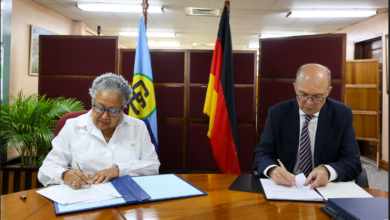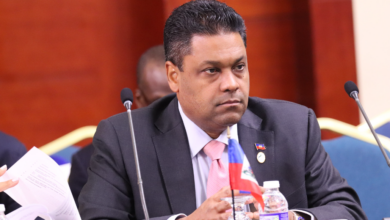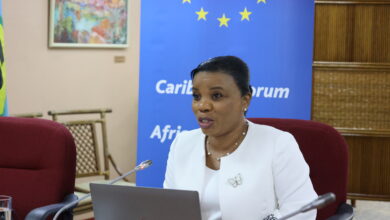Ministers and officials from the Region’s Trade and Agricultural sectors will meet in Georgetown, Guyana over several days for a series of Meetings under the umbrella of the Council for Trade and Economic Development (COTED). It will be the Eleventh Meeting of the Council, one of the four ministerial Organs of the Community, and the one that is charged with dealing with economic and trade issues.
The first meeting will be among Agriculture Planers on 17 and 18 May, 2001 to be followed by a meeting of COTED Officials on 19 May, 2001. The Ministerial Meeting will take place on 22-23 May, 2001.
The flagship programme of the Community, the establishment of the CARICOM Single Market and Economy (CSME), will be among the top issues occupying the attention of the COTED. On this occasion the focus will be on the removal of restrictions under Protocol II of the revised Treaty of Chaguarams. Protocol II covers key areas in the Single Market and Economy like the Rights of Establishment, Services and Capital. A programme for the removal of the restrictions will be considered.
Another critical economic issue for the Region, the Common External Tariff (CET), will be discussed in the context of its planned phased reduction. Member States agreed in 1998 that application of the CET on agricultural products should not be more than 20 per cent.
With a number of Member States establishing Free Zone Areas, the issue of the treatment of goods from such areas being shipped into the Single Market and Economy will also be examined.
The COTED will also consider reports coming out of two meetings of a Working Group which was set up to analyse the importance of the services sector to the Region.
Other issues include steps taken towards the development of the CARICOM Regional Organisation for Standards and Quality (CROSQ), progress on the Regional Transformation Programme for Agriculture, developments in the fisheries industry, and a strategy for creating linkages between agriculture and tourism, a major source of foreign exchange earning for several CARICOM countries.





